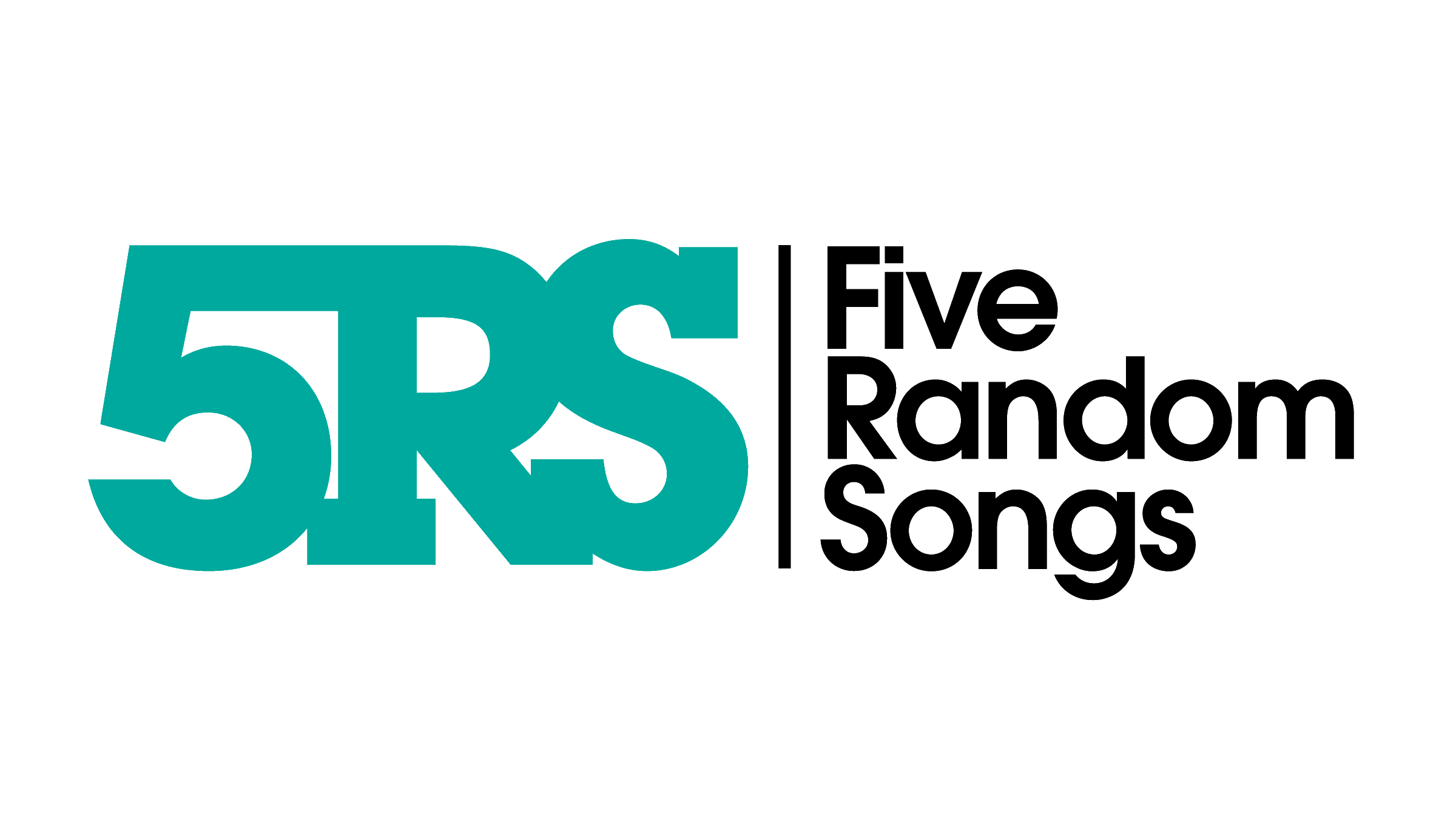Sorry about the second song in the playlist. You'll see when you get there.
People Under The Stairs, "You"
From Stepfather, an album that featured some pretty experimental songs, distinguishing itself from its more straightforward predecessors. "You" is built around a nice, conventional funk sample, though.
Front 242, "Tragedy (For You) [Instrumental]"
To the extent Front 242 ever had a "hit", it was this song, briefly a staple of a certain sort of dance club. And just in case you wanted to hear that industrial dance beat more clearly, they helpfully provided an instrumental remix on the inevitable 12" single of the song, along with six more versions of it. Say what you want about the purveyors of industrial dance, but they got their money's worth out of any song that got traction.
(NB: I'm linking to the entire 12". The instrumental is track 6. Good luck sorting out where it starts, I couldn't be bothered!)
Kid Koala, "Expedition"
Another Kid Koala piece, another song meant to accompany something else. This comes from his score for Space Cadet, a book/CD combo. As with the other things we've gotten from him so far, it's tough to say much without having the visuals to accompany things.
The Du-Rites, "Play The Right Hand"
We've had a few songs from J-Zone, and we just heard from The Meters yesterday. So, how about we combine them, in a way? After giving up (temporarily) on his rap career, J-Zone actually walked away from music entirely. But then, he decided to learn the drums. That's fueled an artistic renaissance, with a couple of rap records driven by his live drumming. But, it's also spawned a new project, a funk duo with Pablo Martin called the Du-Rites. To my ears, they sounds like a latter day Meters, playing loose, (mostly) instrumental funk. The re-invention of J-Zone as a funk drummer is one of the most fascinating rebirths I know of in contemporary music. Anyway, this comes from their debut album, which I highly recommend.
Hepcat, "Lovin' Man"
Distinguished from their third-wave ska peers by a willingness to embrace more than just hyperactive ska and ensemble horns, Hepcat dove into rocksteady, reggae, dub, and other Jamaican musical traditions. This meant paying homage to the first wave rather than the Specials worship of most of their peers. It's also meant that their albums have largely held up a lot better than the other albums of that scene. Of the four albums, I think Right On Time has held up the best, but I enjoy all four of them.
